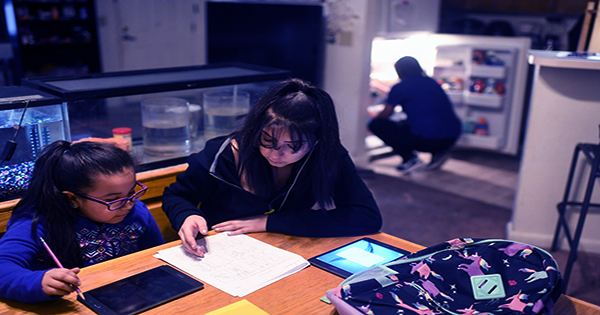A study by Science Advances reveals how gender expectations and policies about fatherhood are affecting women in academia. The study, led by researchers at the University of Colorado Boulder, found that women lost 20 percent of their productivity after childbirth compared to men who became fathers. The work based on detailed data analysis – from 3064 faculty members in 450 departments of computer science, history, and business across the United States and Canada to 2018 with paternity and publishing data.
It also included institutional parental leave policies. It turns out that even though these policies are to women’s career prospects, those 43 percent of organizations do not have such policies. Lead author Allison Morgan, a graduate researcher at UC Boulder, said in a statement, “Gender differences on paternity still drive women to reduce productivity, and vacation policies are crucial when it comes to women’s job choices, they are often missing or incredibly difficult to navigate.”
The analysis found that mothers tended to produce 20 percent less paperwork in the years following delivery, while the average result showed that no such incidents occurred in new fathers. There is no further reduction in average productivity between men and women in the early stages of their careers. The gap between mothers and fathers has narrowed since 2000 with parental leave policies and more for men to take care of their children – but it still exists and more needs to done to help women in academia.
“This study shows that a large part of the productivity gap between men and women is due to paternity and related duties that are much larger than women due to natural and social reasons,” explained co-executive Mirta Galesic. Santa Fe Institute. “But it also shows that the punishment of this fatherhood is decreasing as mothers become more productive.” The study conducted prior to the COVID-19 epidemic and it thought that inequality between men and women might have increased over the years.
Lockdowns require many people completely restructure their daily lives, awakening professional responsibilities to their children’s home schooling. Women expected to take on more of these responsibilities than men do, and less paperwork published by women during the 2020 lockdown. Papers are to career advancement, so the last 12 months will have an impact on women in academia in the years to come.
















